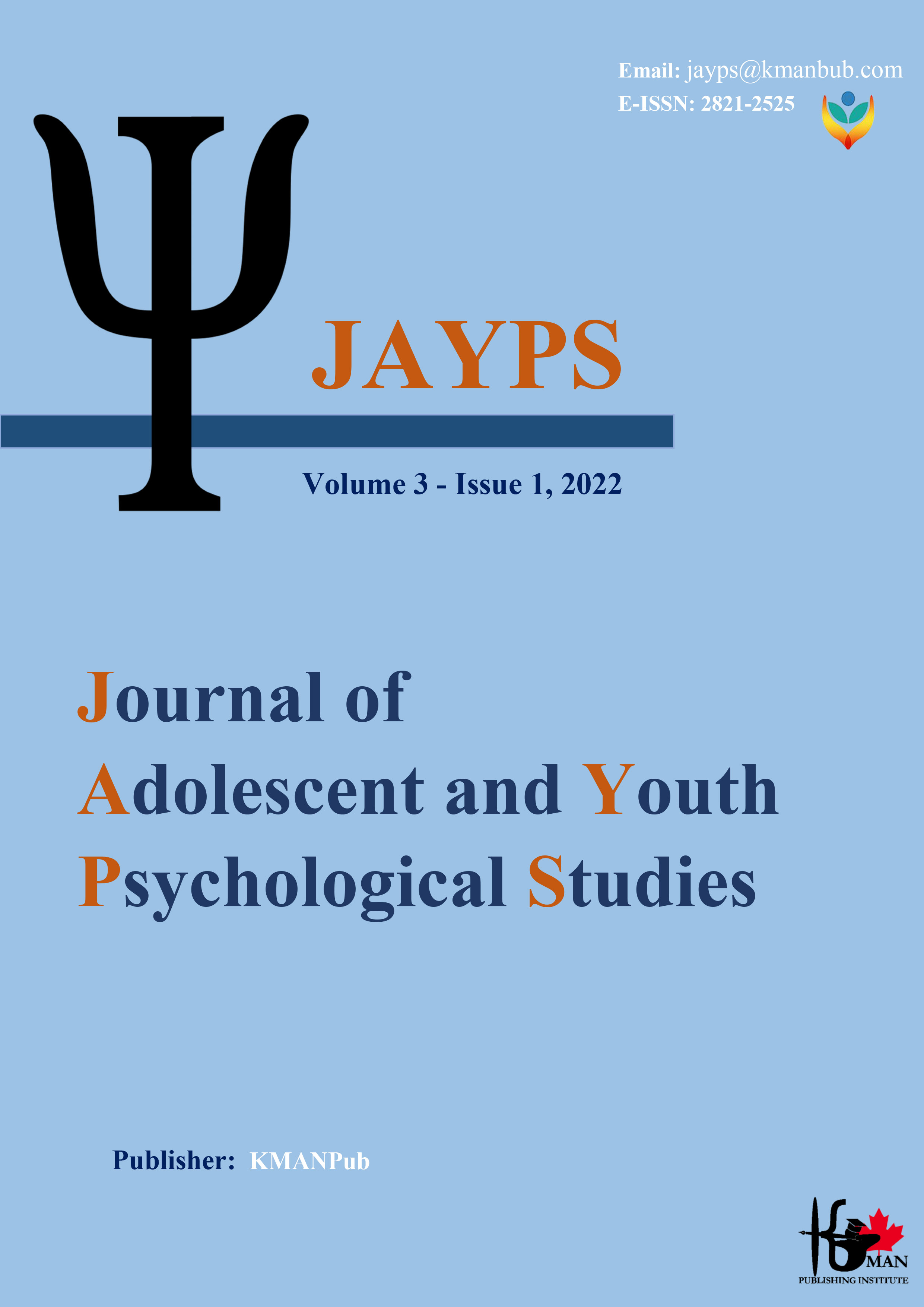The Effectiveness of Mindfulness Education on Emotional Cognitive Regulation, Eating Style and Body Mass Index in Obese Adolescent Students Female
Keywords:
Obese females, mindfulness, cognitive therapy, eating habits, ObesityAbstract
Background and Aim: Obesity in children and adolescents has gradually become a major public health problem in many developing countries, including Iran. The aim of this study was to determine the effectiveness of group mindfulness training on the cognitive-emotional regulation, eating style, and body mass index of obese female adolescents with body mass indexes above 30. Methods: In order to achieve this goal, we used a statistical sample consisting of obese teenage girls in a high school in Boroujerd city in 2021.Research design consists of a pre-test, post-test experiment with a control group of 40 people (20 experimental and 20 control).Every week for 8 sessions of 90 minutes, mindfulness-based cognitive therapy was conducted, and a post-test was administered to both experimental and control groups.A Garnefski cognitive emotional regulation questionnaire and a Dutch eating style questionnaire were used for this study. The statistical analysis was based on multivariate analysis of covariance.Statisticians used multivariate analysis of covariance. Results: There was a significant difference in mean scores of emotional cognitive regulation between the experimental and control groups, including an enormous difference in weight loss in eating style and body mass (P <0.01). Conclusion: The results indicated, mindfulness therapy was able to improve cognitive-emotional regulation and eating style in obese girls by 64% and 74% respectively
Downloads
Downloads
Published
Submitted
Revised
Accepted
Issue
Section
License

This work is licensed under a Creative Commons Attribution-NonCommercial 4.0 International License.









